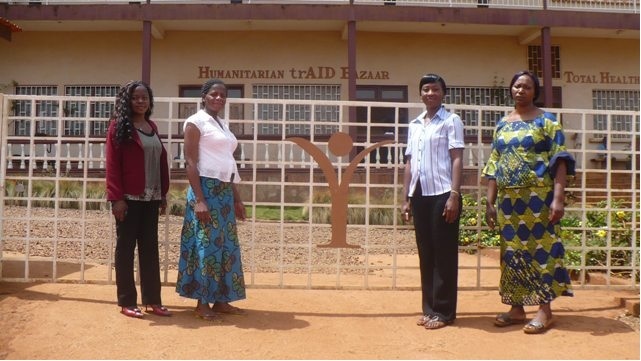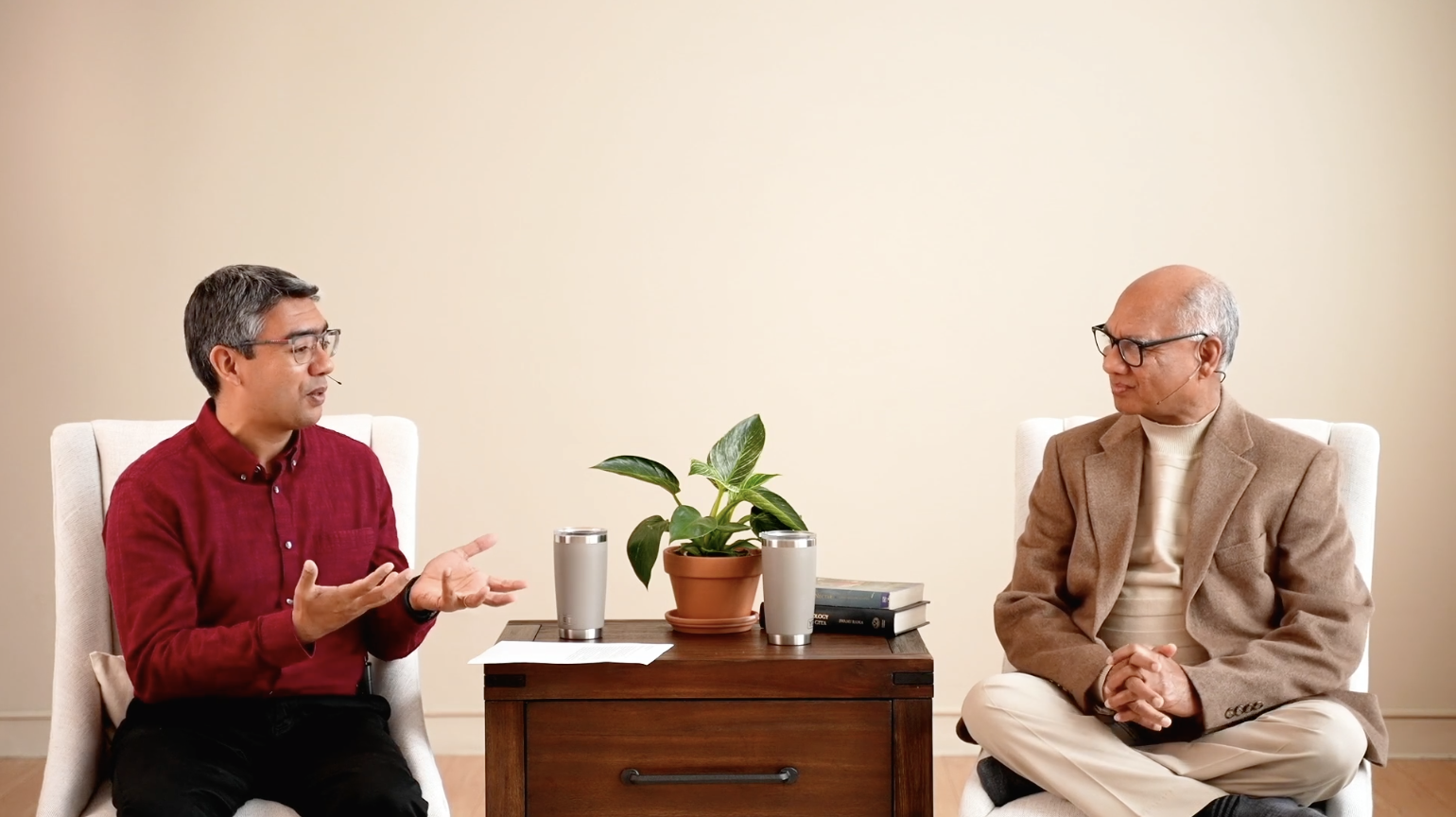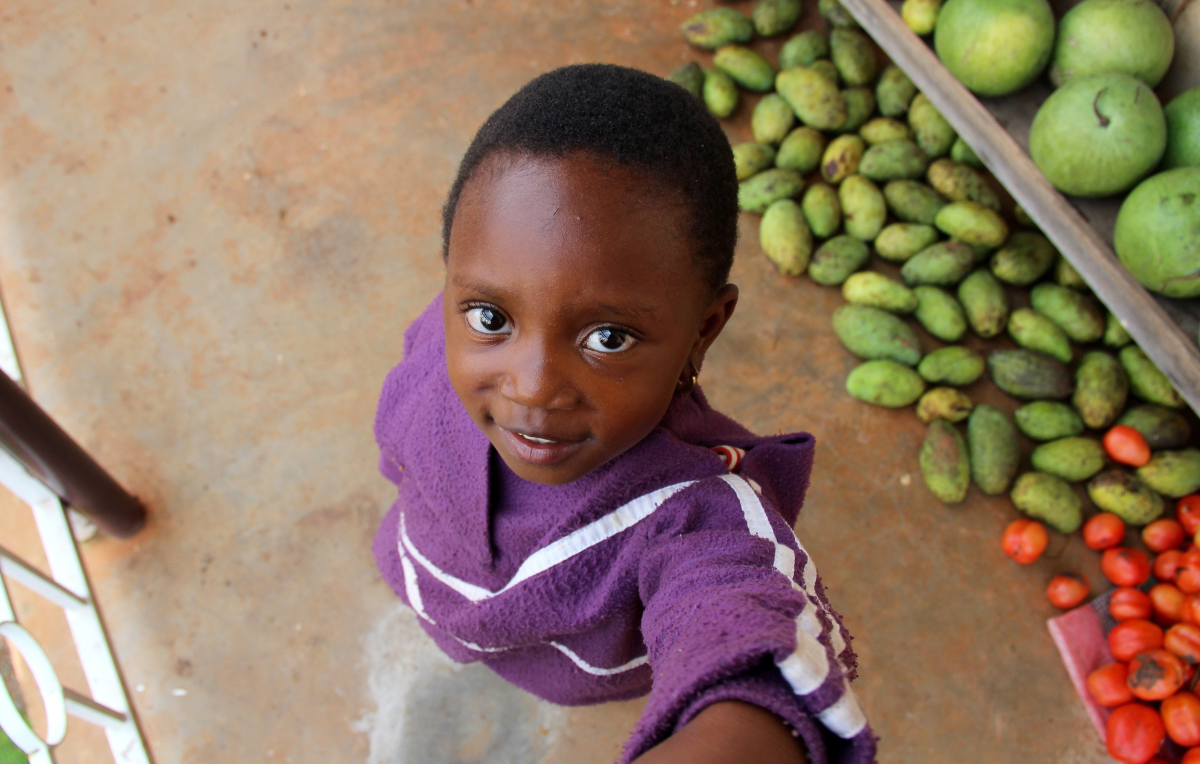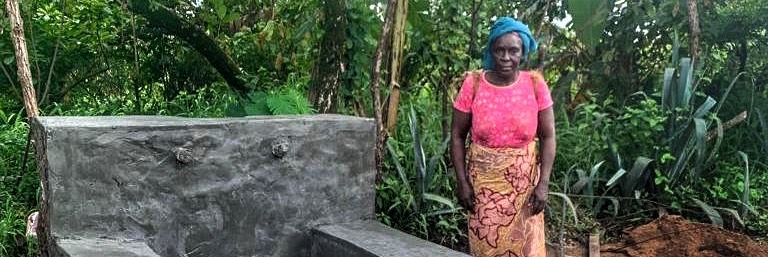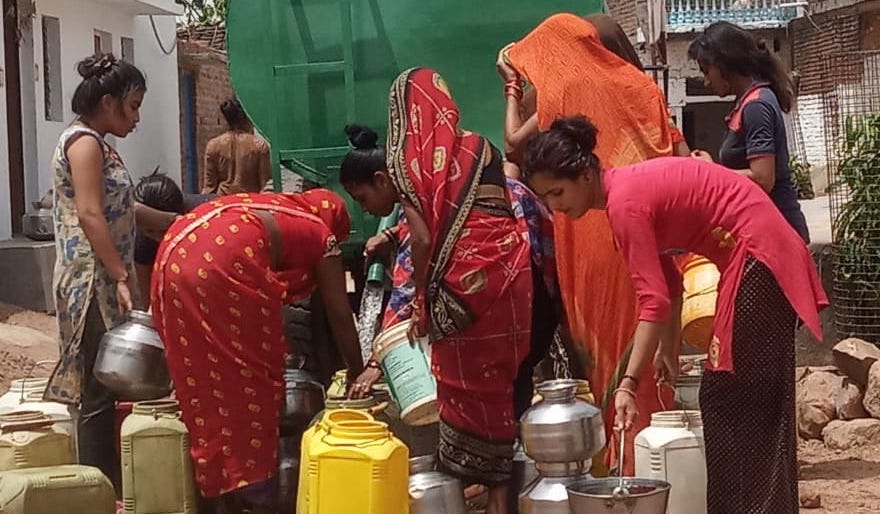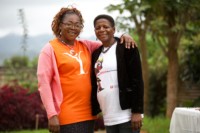Today is International Women’s Day, a time when NGO’s and international humanitarian organizations such as ours in Cameroon, come together to see what more can be done to help raise women’s’ equality.
A woman that is educated and empowered will have more chances to improve her society because it is the women that often teach the family values at home. This can have a quick effect at fighting poverty in the developing world. Making this happen will require better education, economic freedom, and political representation for women.
Education and knowledge can empower a woman to understand and change her situation in the face of discrimination. Today a higher percentage of girls are enrolled in school than ever before, but it is not enough. In 2007, UNESCO reported that of the 774 million adults who are illiterate, 64% are women, an improvement of only 2% since the early nineties. Education is especially important for women in countries like Cameroon, were a lack of knowledge of her rights often corners women into the old repressive systems.
These problems can be tackled and change can begin in a short time by focusing aid initiatives on empowering women to have more participation in politics. Women’s participation will help amend unequal legislation, and create a legal definition of sexual discrimination. Women coming together can have a great impact in steering votes that support these.
The Himalayan Institute’s community center in Cameroon has been committed to improving gender equality since its inauguration in 2007. This year we have plans to do more:
- Offering adult literacy classes at the Kumbo Public Library to help women understand their civic and property rights.
- Sending more girls to primary and secondary school on scholarships.
- Expanding our Sacred Link Jewelry program to help more women generate income through jewelry making.
- Improving women’s nutrition with seminars and demonstrations of organic home gardening.
- Building political solidarity by connecting geographically isolated women with our jewelry and agricultural programs.
- Providing free health consultations to rural women with our Total Health mobile unit.Share your thoughts:Join the International Women’s Day discussion.
Share a story in the comments section of this post or tell us what you’d like to see done to improve women’s rights in the developing world.
